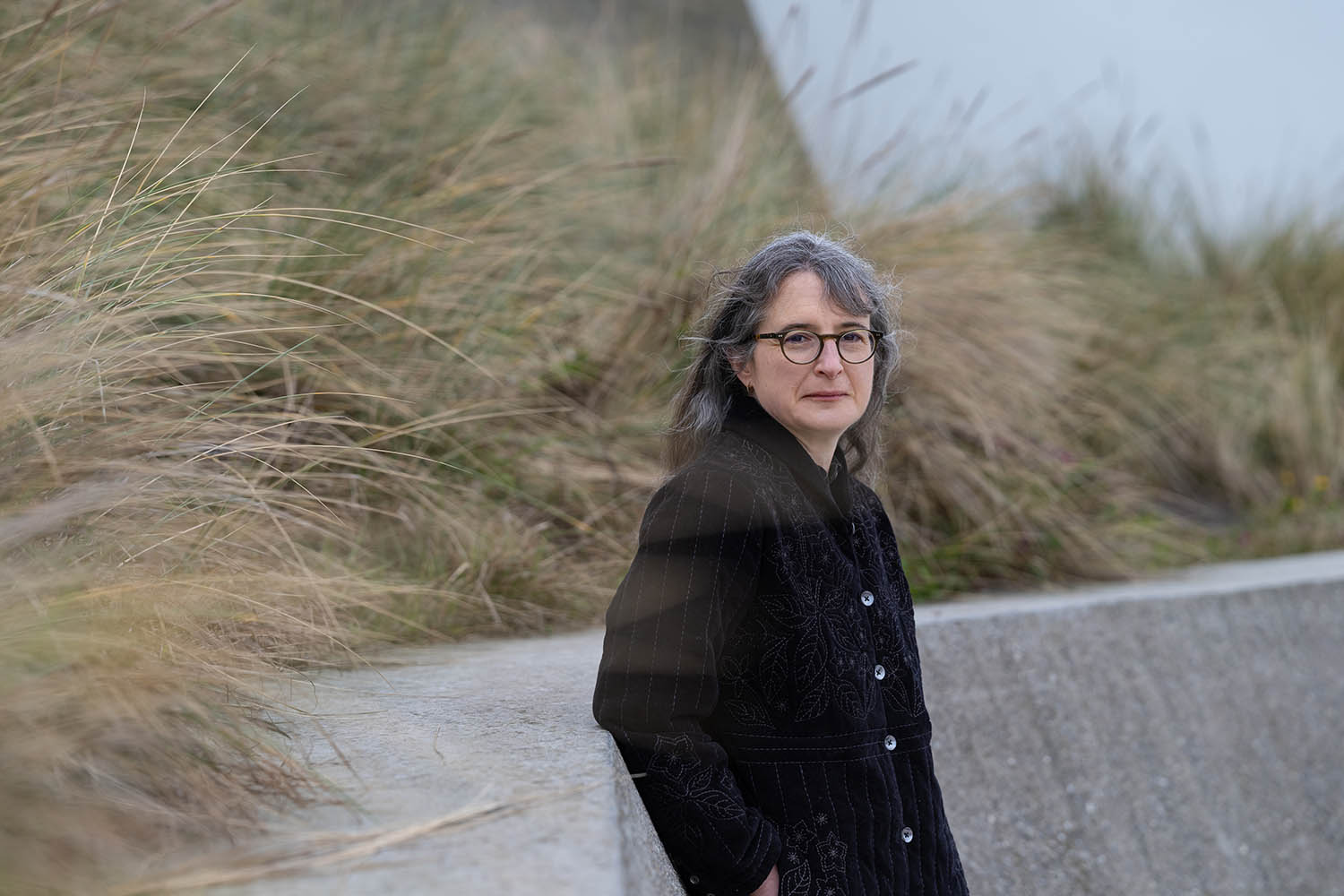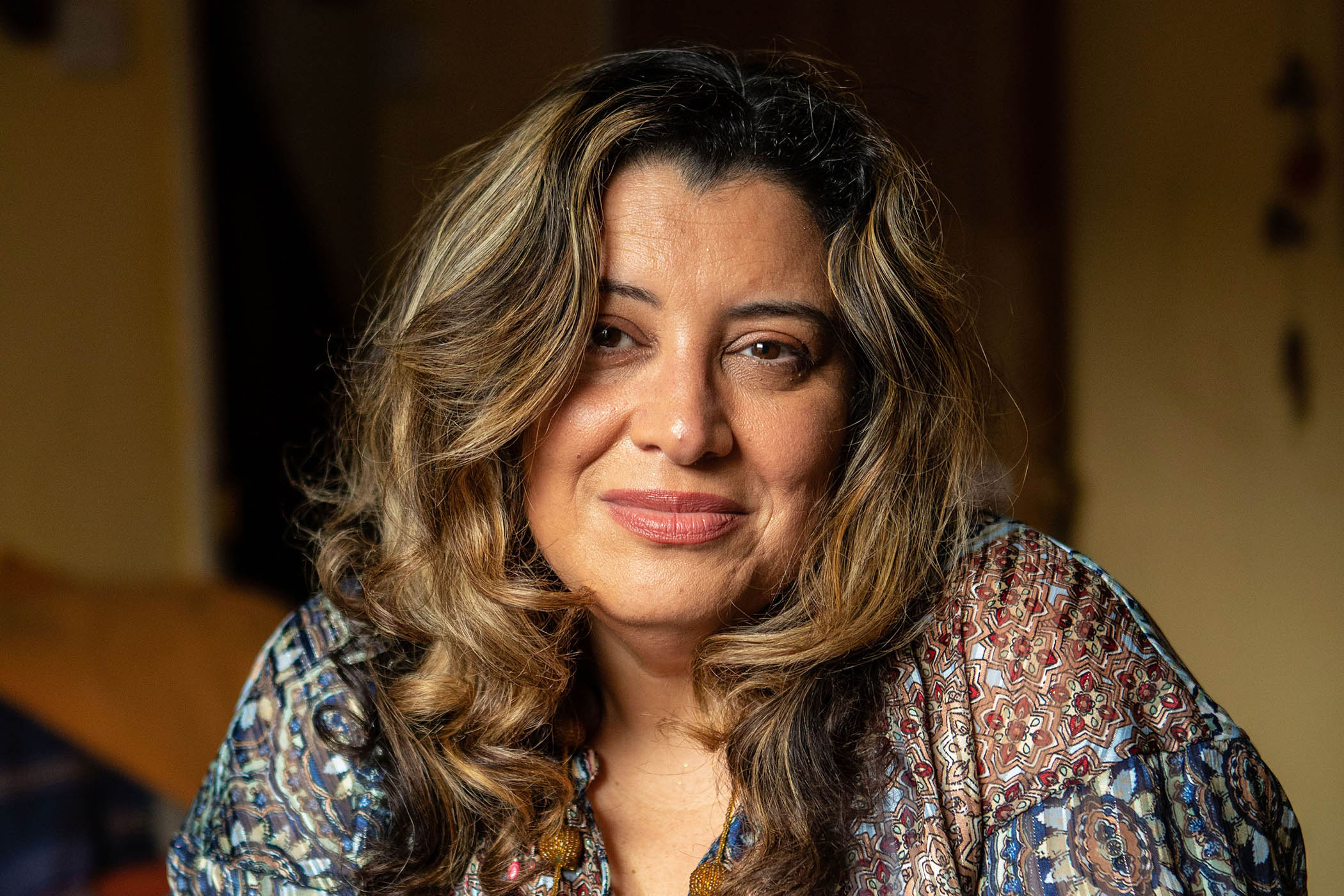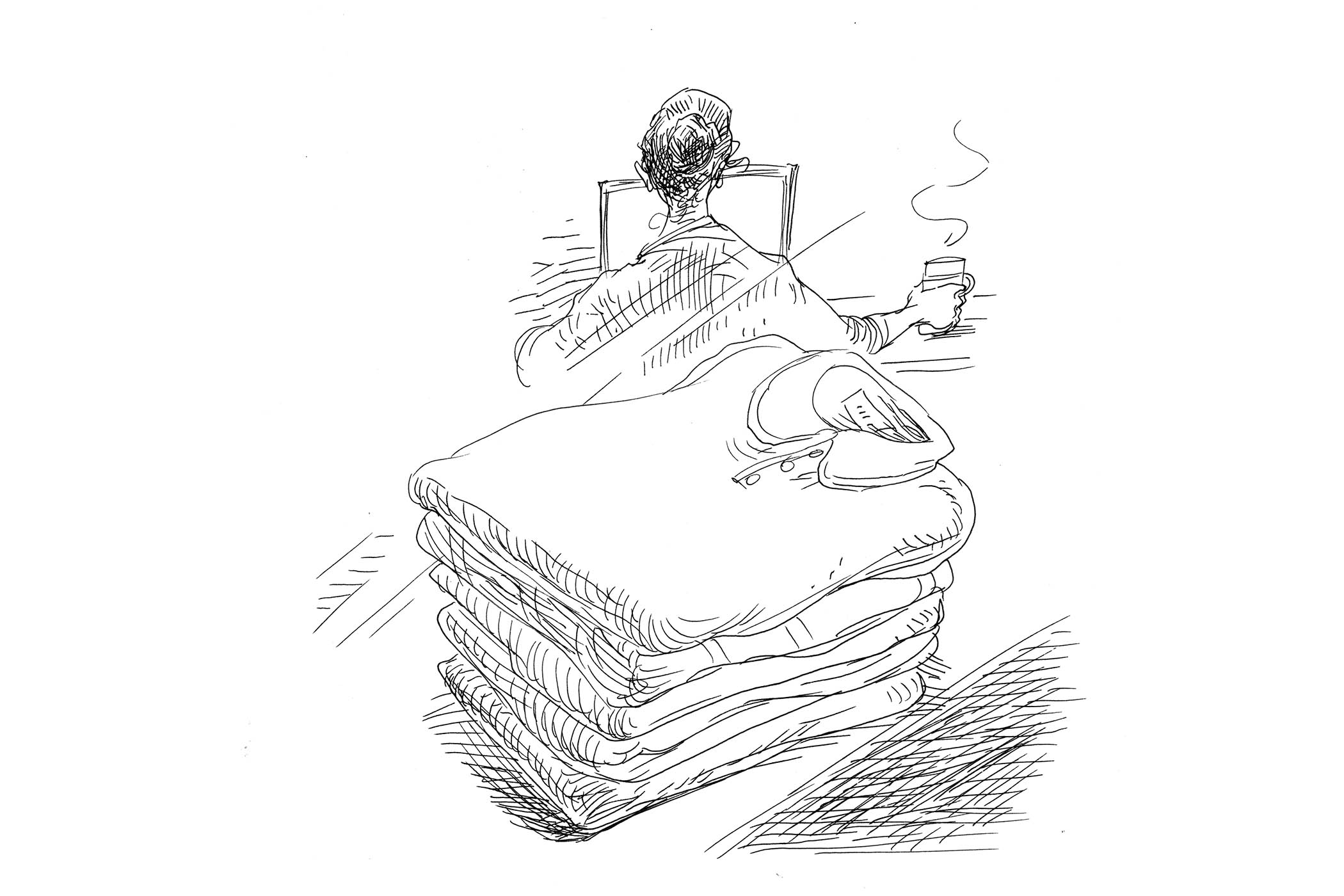Sarah Moss, 49, grew up in Manchester and has lived in County Dublin since 2020. Her novels include Ghost Wall, longlisted for the Women’s prize for fiction in 2019, and Summerwater, currently in the works as a six-part Channel 4 series with Shirley Henderson. My Good Bright Wolf, a memoir of anorexia, was recently published in paperback; a new novel, Ripeness (Picador), in which an elderly divorcee in Ireland recalls her sister, a dancer in Italy, is published this month.
What sparked this book?
A lifelong interest in ballet, probably redeemed in adulthood from the difficulties of doing it as a child when you’re not very good and don’t have the right sort of body for it. I got back into it going to the Birmingham Royal Ballet a lot [while teaching creative writing at the University of Warwick in the 2010s]. Dance – thinking without words – will always be alluring to someone whose medium is so verbal.
Why did you set it between Ireland and Italy?
The Italian setting was just because I was there and it was beautiful. I became fascinated by the villas in the north Italian lakes. A lot of them are now artists’ retreats owned by people or foundations with huge amounts of money, and I was interested in the idea of the gift of time to make art amid that kind of architecture. As for the Irish story, I live here as an English person, so I was thinking about what it’s like to carry the oppressor’s passport and speak with the oppressor’s accent. Can you be a good person if that’s who you are?
You’re often drawn to characters who consider their place in history.
Not to be interested in that would be not to think, it seems to me. One can write characters who don’t have that awareness – I sometimes do – but it doesn’t seem a very thoughtful way to go through the world.
The jacket of Ripeness quotes a review wondering if you’re the best British writer never yet nominated for the Booker...
That was hilarious. As long as my books are finding readers who enjoy and appreciate them, I’m happy. You can’t write because you want a medal to pin on your lapel, and I don’t. Also, having been on judging panels for a couple of prizes... it tempers one’s expectations.
Did you always want to be a novelist?
Newsletters
Choose the newsletters you want to receive
View more
For information about how The Observer protects your data, read our Privacy Policy
From when I could first write. I went to infant school with Adèle Geras’s daughters – we weren’t close but I knew her and knew she made her living writing books, and I had read some of them. It was my first inkling that writing was actually possible, but I didn’t take it seriously as a possibility until my early 30s.
I was told very firmly, and not wrongly, that I should not aspire to a career as a novelist until I’d sorted out a proper career that would keep me going.
I went into academia, which was in many ways very formative for me, and did provide me with a steady job and secure income, which you’d no longer take for granted; I got one of the last of those [in the sector].
Has the way you work changed since you made your debut in 2009?
I think forms of midlife freedom – different relationships to institutions and children – might shape a more playful practice. My kids are pretty much grown up and although I have been teaching, which I enjoy, I’m not trying to climb the ladder any more to be the best academic. With Ripeness, I had a different relationship to time; actually having a room to write in made a big difference.
For most of my writing career, I was juggling kids and a full-time job, writing on trains and in stolen hours between meetings, which was the only way it was going to happen; that fantasy of the room of one’s own, so much the product of bourgeois masculinity, was absurdly different from my reality. Now I do have a room of my own – carved out from roof space and very small, but nonetheless mine to write in.
‘I was told not to aspire to be a novelist until I first had a proper career’
‘I was told not to aspire to be a novelist until I first had a proper career’
Tell us about adapting Summerwater for TV.
One of my friends said: “Isn’t that the novel where someone spends an hour deciding whether to clean the sink? Great TV!” I was surprised it was greenlit. I mean, the first chapter is somebody running for an hour in the rain and thinking... The adaptation has to be a step away, in partnership with the book. I didn’t want to write the screenplay; I’d much rather it was done by somebody really good in that medium [screenwriter John Donnelly], and I’m very happy with it. The director said early on: “Everything has to be made visible.” I thought: of course, how stupid of me to need to be told that. The process of making visible what’s implicit is fascinating.
You published eight novels before My Good Bright Wolf. Do you feel you needed your experience as a novelist to write that memoir?
Maybe. Certainly what interested me was the formal experiment of how narrative prose can represent incoherence. In fiction, there’s a promise to make meaning; life writing has a different promise, about bearing witness to messiness. Madness and cognitive impairment isn’t the stuff of finely crafted stories.
What have you been reading lately?
Yiyun Li’s new book, Things in Nature Merely Grow, which I thought was breathtakingly good and very interesting on that deeply scholarly project of thinking your way through trouble. It’s partly a memoir to a child who died and therefore appropriately hard to read, but the handling of loss and sorrow in really sharp prose is wonderful.
Is there a novel you return to in your teaching?
Miriam Toews’s Women Talking has all kinds of interesting technical challenges: dialogue, perspective, jeopardy. I set it quite a lot, partly because I absolutely love her books and don’t want to set All My Puny Sorrows – I love it too much to want it discussed in the classroom.
Ripeness is published by Picador (£20) on 22 May. Preorder a copy at observershop.co.uk to receive a special 20% launch offer. Delivery charges may apply



